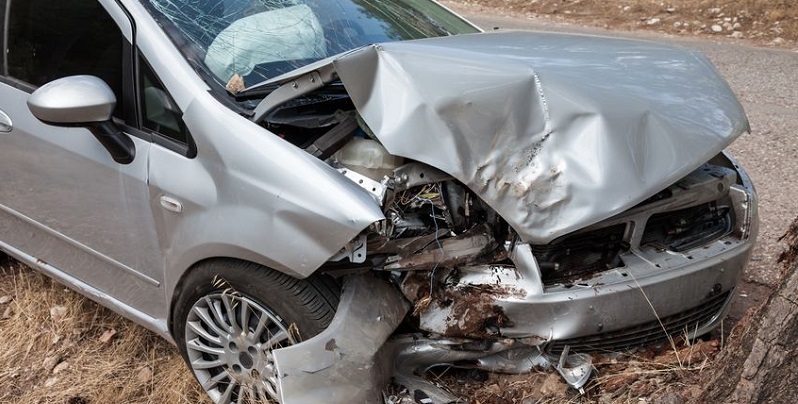An experienced Colorado personal injury attorney who builds a strong case can minimize the effect of a criminal conviction on the settlement of an auto accident claim.
It Probably Won’t Help, but It Might Not Sink It Either
If you’ve been injured in a Colorado auto accident that was due to someone else’s negligence, the odds are that your criminal record has nothing to do with the accident and shouldn’t be brought up. However, this will usually not prevent an insurance defense attorney from trying to make an issue of it.
How a Criminal Record Could Hurt a Personal Injury Case
Here are some ways a plaintiff’s criminal background could hurt their personal injury case:
- When a plaintiff files a personal injury lawsuit, his or her credibility will typically be called into question. If the plaintiff has a criminal conviction involving fraud or perjury, for example, evidence surrounding that conviction can potentially be examined and might well impact any settlement offers.
- Any serious felony, especially recent ones, will likely weaken your case, since an insurance company may be less likely to offer large sums of money to someone who has a serious crime like forgery on their record.
- Defense attorneys will sometimes use a plaintiff’s criminal record to try to discredit them through a process called impeachment, which is basically catching them in a lie. If, for example, the plaintiff claims to have a safe driving record, the adverse attorney will likely attempt to bring up previous traffic violations.
Generally speaking, more recent and severe criminal convictions will have a greater impact on a personal injury case than minor infractions committed many years ago.
Admissibility of Criminal Convictions
When a personal injury plaintiff is giving a deposition, the defense attorney will usually ask some version of the following questions:
- Have you ever been convicted of a crime?
- Can you describe every conviction that appears on your criminal record?
- Do any of your criminal convictions involve crimes of deception?
Criminal convictions are typically not considered relevant in a personal injury lawsuit unless it can be shown that the evidence will help prove or disprove a question of fact.
Minimizing the Impact of a Less-Than-Stellar Criminal Record
One important way that a personal injury plaintiff can minimize the effects of a prior criminal record is to tell the truth. Inform your attorney of any criminal convictions at the onset of the case so that they can take preemptive measures to prevent it from being inappropriately used against you by opposing counsel. If you try to hide the conviction, it will likely still come out and could severely derail your claim. The result could be a low settlement offer, one you might be all too willing to accept, no matter how strong your personal injury case may be.
The best way to ensure that a criminal record does not impact a personal injury claim is to build the strongest case possible. If a plaintiff is truly hurt and struggling to pay the bills related to an accident that someone else caused, it will be much harder for an insurance company to question his or her credibility. After all, if you were convicted of a crime several years ago and have already been punished for it, you should not be further penalized. An experienced Colorado personal injury attorney will fight to keep the insurance company from being allowed to discuss your criminal background.

